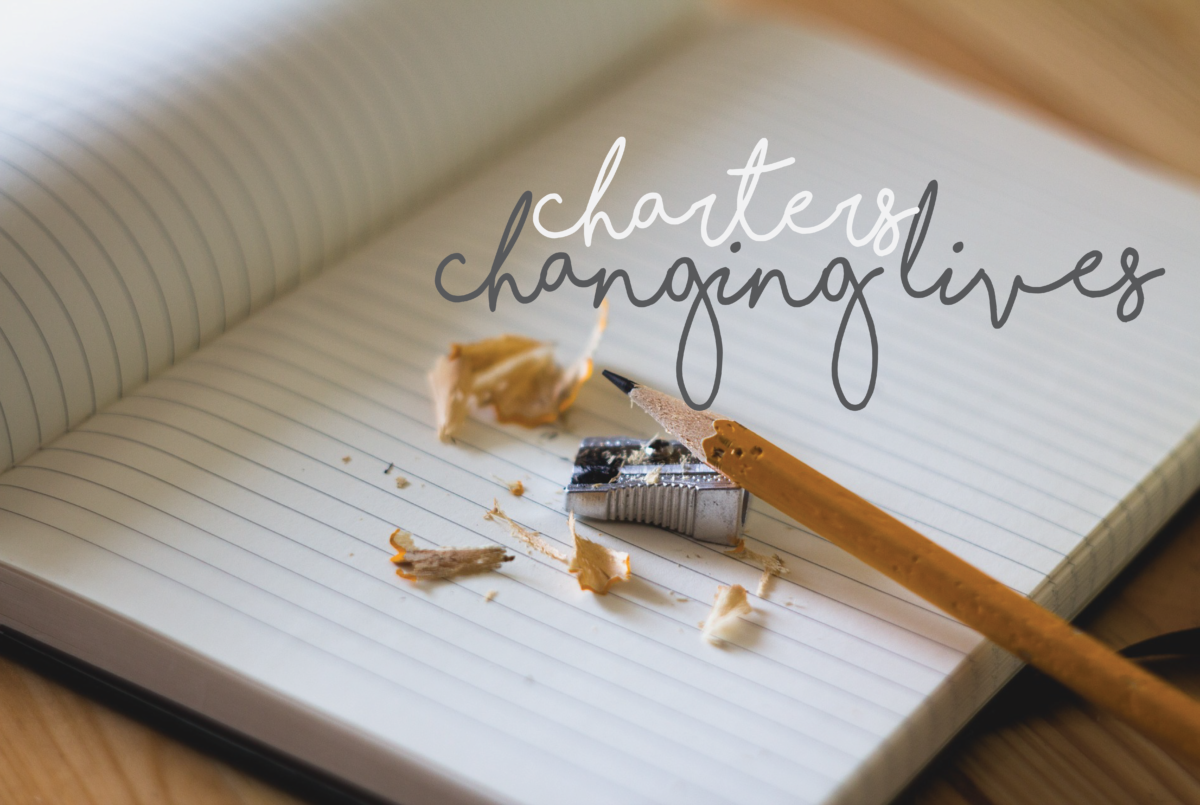By Jamar Younger
For Judy White, the decision to open Midtown Primary School in a low-income community in Central Phoenix wasn’t just a choice, it was a calling.
White and co-founder Belinda Suggs sensed a need for quality education and community involvement in the neighborhood when they opened the K-4 public charter school in 2002.
Although the idea of opening a public school serving students from lower socioeconomic backgrounds would deter some educators, White and Suggs stared down the challenge and sought to figure out how to succeed with that population.
The task of creating a high-achieving school in a low-income neighborhood has puzzled many educators, but the two administrators have seemed to find the right pieces for success at their small public charter school.
Midtown was a ‘B’ school in the most recent iteration of the state’s A-F Accountability System, which followed an ‘A’ grade in 2013.
The school also rated “performing plus” in the previous version of the accountability system.
“We have often been told that if we move somewhere else, we’ll have a less transient population and that it would be easy,” White said. “We don’t want that.”
So how has Midtown succeeded where others have struggled?
To start, both White and Suggs pointed to the school’s dedicated teachers, staff members and volunteers. Here are four other keys to Midtown Primary’s success in a low-income community:
Keep it small: White and Suggs have purposely kept their enrollment numbers low as they look to reach every student. Midtown Primary has 125 students enrolled for this school year. The leaders take it one step further by breaking that population into smaller groups to give students individualized attention. “I think all kids should be educated that way,” White said.
“Jumpstart” learning: Midtown Primary takes a proactive approach to supporting students before their first day of kindergarten. The school’s “Jumpstart” program for incoming kindergartners provides new students a free, two-month introduction to kindergarten. “We tell them, ‘Kindergarten starts in June,’” White said. There is also an optional summer STEAM (Science Technology Art and Math) program for students in grades 1-4. Both programs are privately funded.
Relationships over discipline: The school’s emphasis on relationships permeates every aspect of the school, from its discipline policies to the staff’s interaction with parents. Teachers and staff are encouraged to treat a disciplinary issue as an “educational opportunity” rather than just merely punishing the student. “It took us years to convince teachers that punishment was not the solution,” White said. White and Suggs also maintain an open door policy for any parent who needs to discuss their child’s progress. They treat parents as partners in educating their children. “We’re a team and I think it makes parents cooperative,” White said.
Community involvement: It’s no secret that student learning extends beyond the classroom. And certain circumstances, such as lack of a stable home and consistent meals, can impede a student’s achievement. To that end, the non-profit public charter school has created a number of programs to help its families, including food boxes, a “Gingerbread-man” program that allows an individual or business to buy a Christmas gift for an underprivileged student, a clothing pantry and a community Thanksgiving dinner. One of the school’s most notable initiatives is its eviction fund, which helps families keep their homes. The idea was born after the school received extra money from corporate and individual donors. Families can apply for the program if they’re on the verge of losing their home. “If they end up on the street, it’s much harder to get them back into a house than it is to keep them there to start with,” White said.


